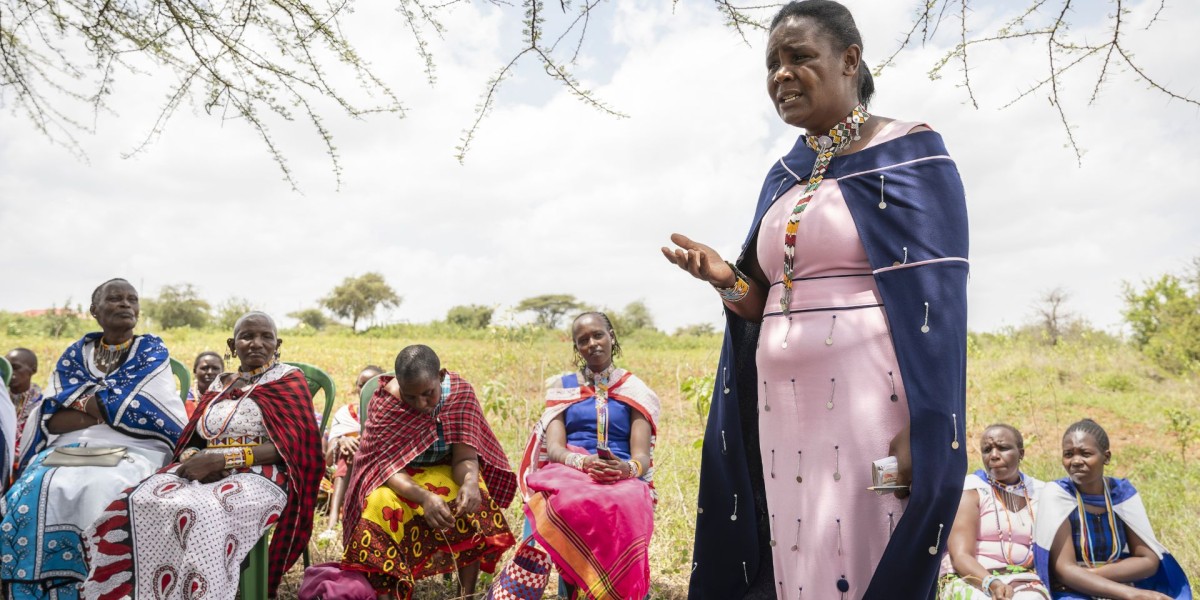What is Simavi’s vision on Water Justice?
At Simavi we fight for water justice. But what does water justice mean? Why is this so important and what does water justice look like in practice. And most importantly, what is needed to achieve water justice?
What is water justice?
Access to clean drinking water and good sanitation is a human right. Water justice means taking these rights seriously and ensuring that all people, especially marginalised groups, have equal access to water and sanitation.
The right to water means that everyone should have sufficient, safe, acceptable, physically accessible and affordable water for daily use.
The right to sanitation means that everyone should have access to safe, hygienic and affordable sanitation facilities that provide privacy, respect dignity and are socially and culturally acceptable - at home, at school, at work and in public spaces.

Why is water justice important?
Today, 1 in 4 people - that's about 2 billion people worldwide - do not have access to safely managed drinking water. And as many as 3.5 billion people still live without proper sanitation.
Especially people who are already disadvantaged because of their gender, ethnicity, income or social position are often overlooked or even actively excluded from access to water and sanitation.
What does water justice look like in practice?
For Simavi, water justice means working with the people who have the least say over water - and often the least access. These are often women, indigenous communities or people living in poverty. We recognise their experience, knowledge and leadership in dealing with water resources.
We work for equitable decision-making on water, actively involving local communities. We see water not just as a resource, but as something living that must be respected. Water should be available for drinking water, food, agriculture and other basic needs - without endangering nature or future generations.
What is the link between water justice and climate justice?
Climate change has a major impact on water - think drought, floods or polluted water sources. And it is precisely the vulnerable groups that are hit hardest by it. Think of women, indigenous peoples or low-income people.
So, water justice goes hand in hand with climate justice. It means ensuring equal access to clean and safe water and protecting the ecosystems that provide it.
How do we achieve water justice?
To achieve true justice, we need to look critically at how water is distributed and managed. Do we have good and just rules? Are the right people being heard? We also need to make space for traditional knowledge about water - this is often ancient and valuable.
By putting the perspective of marginalised communities at the centre, we can change the system and make it fairer. Water justice also means taking a critical look at how we consume and produce - and choosing to manage water resources sustainably and locally.
Within the limits of what our planet can handle, we protect water from pollution, waste and depletion. We do this not only for now, but also for generations to come. Because water justice is also: taking care of the future.
What does Simavi do when it comes to water justice?
Millions of women and girls are hard hit by water and sanitation problems caused by climate change. Women and girls are often hit especially hard because they are responsible for water and food supply. At the same time, women still have less access to resources and decision-making than men. Simavi's Water Justice Fund supports local women's groups in Kenya, Nepal and Bangladesh with small-scale investments to empower them and realise local solutions.


